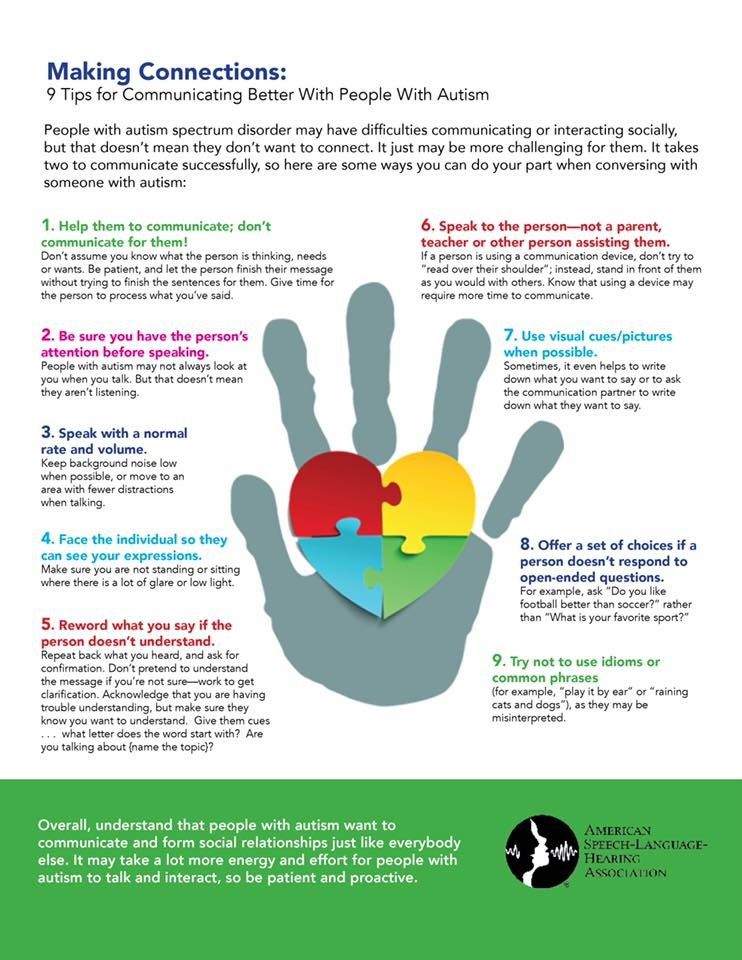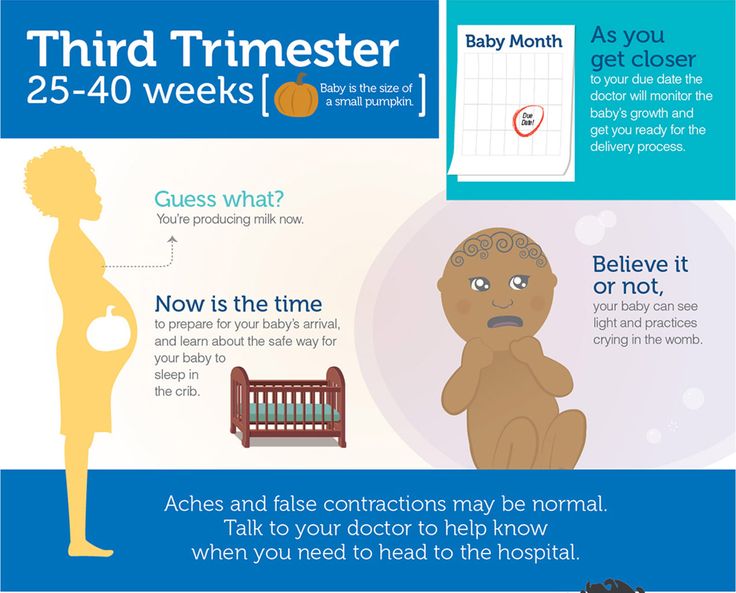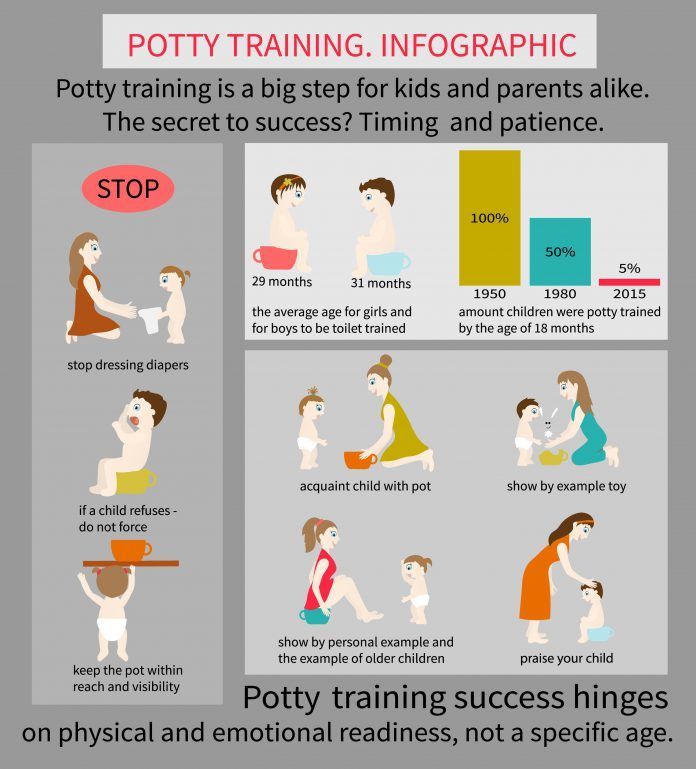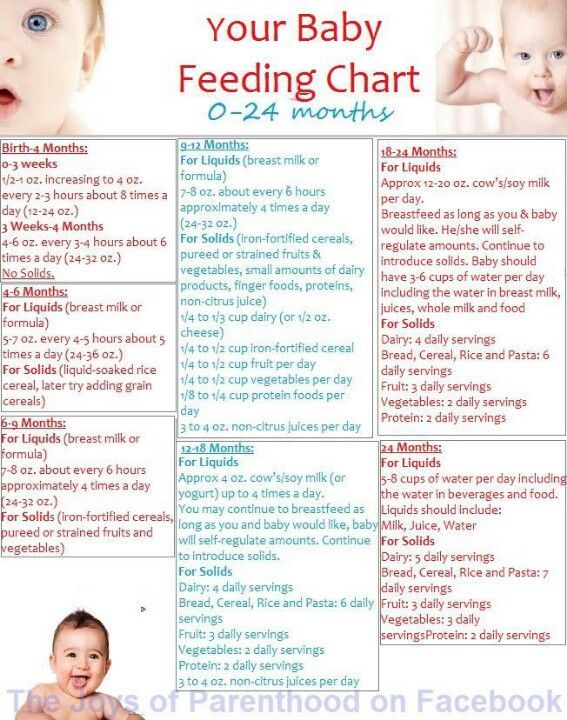How to not lose temper with child
15 Tips to Stop Losing Your Temper With Your Kids — The Centre For Perinatal Health & Parenting
You never wanted to be that parent …. you know the one you see at the park screaming at their kids. Or perhaps you are starting to sound like your own parent … the one you were never going to be like…. the one who threatened and yelled, then sent you to your room. But, somehow that is who you have become.
Well, here are some tips to help you break the cycle, teach you a new default, and help you to apologise to your kids less for losing it each day, but rather turn your responses around to a more positive outcome : -
1. Parent like someone is watching you. Really. You will see how much differently you act. You will follow all of those “parent rules” like consistency, calmness & being firm, but fair… all the ones that you know you should be following.
2. Pretend that it isn’t your child. If you were their teacher, not their parent, how would you react. I taught for a few years and never once yelled at a child.
3. Be the teacher, not just the rule enforcer. Show them what you expect and explain why.
4. Recognise when you are going to lose your temper and stop it. Are the kids getting louder? Are the toys getting messier? Is dinner running behind? Recognise it and fix it before it escalates to losing your temper. It is usually a lot of little things that equals one big explosion.
5. Speak quietly instead of yelling. The calmer and softer you speak, the more impact your words will have.
6. Give yourself a time out. Walk into another room for a few minutes. Let yourself cool down and then walk back and address the problem.
7. Get enough rest. Our kids get cranky when they are tired… why would it be any different for the adults?
8. Think long-term. If you do this “______” now (Yell, talk rudely, etc…) how will it be remembered by them tomorrow, in a week, in a month? Don’t break their spirit because you lost your temper.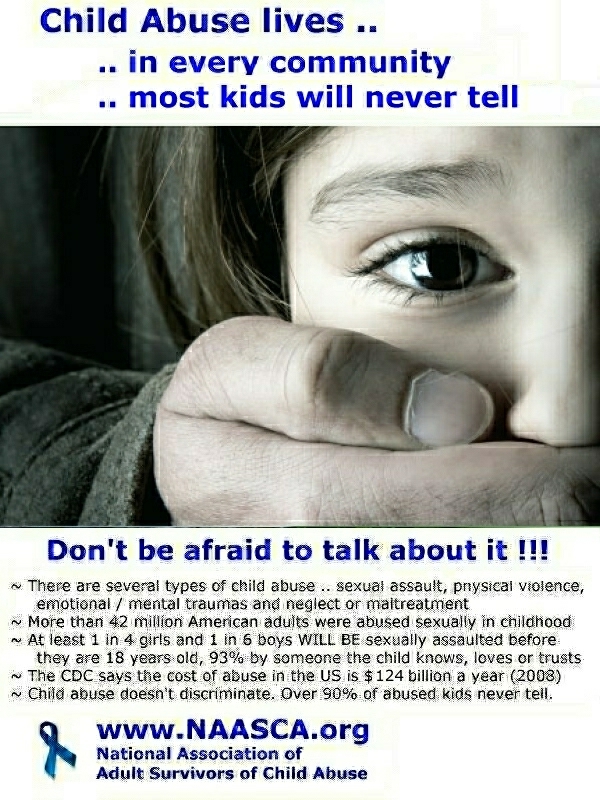
9. Exercise. You have to get your stress and frustrations out and working them out is the perfect way to do it. Plus, you are setting a great example for your kids.
10. Be consistent. This is huge for your kids. They need you to be consistent so they can know what to expect. It is the hardest part of parenting, in my opinion, because there are so many different instances that can allow for inconsistency.
11. Start with a positive. “You are normally just so sweet, but it hurt my heart that you just raised your voice to me” or “I love you, but I don’t like that behaviour.”
12. Try squeezing a stress ball when you get upset. They really work and many therapist and councillors suggest them.
13. Try using a “talking stick” when you get mad. When the child is talking, they are holding the stick and have your full attention for a minute, then switch. Let your child explain what has happened and then give yourself a chance to explain why you are upset also, whilst you hold the stick.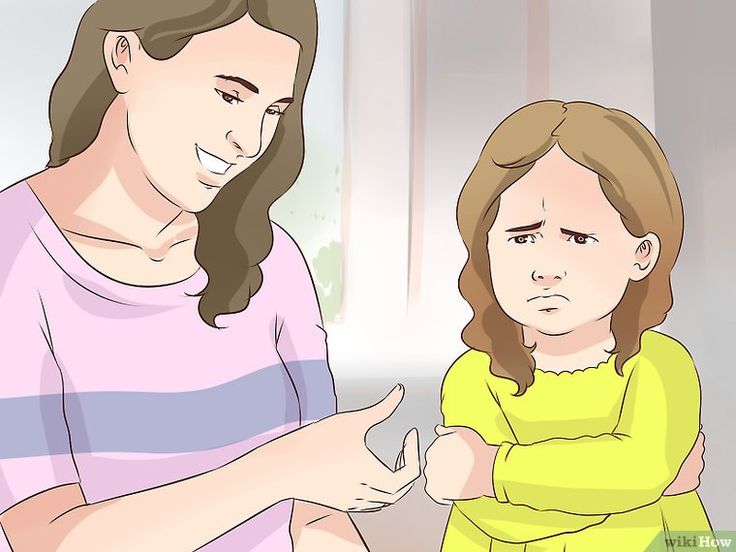
14. Don’t get into a back and forth argument. It only escalates the problem and won’t result in a good outcome.
15. Be kind. Above all, remember to be kind. Remember: firm, but fair. No, your kids won’t remember that day that you were late. They won’t remember that they couldn’t find their shoes or that they couldn’t find their homework, but they will remember how you reacted, because they will learn to react the same way.
They will mimic you, try to be like you and learn from you. Remember that right now, at this moment, your kids are being just like you. Be the example that would make anyone proud. Be the parent that you want your children to be in thirty years. You are a wonderful parent… if you weren’t you certainly wouldn’t be reading this, so let your kids see that side of you.
Losing Your Temper with Your Child or Teen? 8 Steps to Stay in Control
Our kids have the uncanny ability to get under our skin and bring out the very worst in us. We can lose our tempers and yell at our kids in a way that we would never do with a child who wasn’t our own. Indeed, we often treat our loved ones the worst.
We can lose our tempers and yell at our kids in a way that we would never do with a child who wasn’t our own. Indeed, we often treat our loved ones the worst.
Here’s the truth: feeling angry is a fact of life, and we can’t stop that. But, we can take steps to control how we react to our anger. We can get angry without losing our temper, and when we can do that, our parenting becomes much more effective.
In other words, we will do a better job of getting our kids to behave appropriately if we can control our tempers. And, in the process, we will feel better too.
Below are 8 steps you can begin to take today that will help you remain calm and parent effectively when anger overcomes you. You and your child will be better for it.
1. Recognize Your Triggers as a Parent
Understanding our triggers as a parent is the first step in ensuring that we don’t lose our tempers and begin screaming at our kids.
As the mother of a teenager who also has ADD and has a hard time controlling his impulses, I know that what triggers me is his bad attitude. Therefore, when his bad attitude kicks in, and he starts spewing negativity, I need to take a step back and focus on how I’m feeling at that moment.
Therefore, when his bad attitude kicks in, and he starts spewing negativity, I need to take a step back and focus on how I’m feeling at that moment.
In my case, my neck tenses, my cheeks feel flushed, and, having a hot temper myself, I can almost taste the words readying themselves to roll off my tongue in response.
Some of your triggers might include your toddler saying “No!” for the umpteenth time that day. Or perhaps when your middle school daughter rolls her eyes at you or your high school son doesn’t do his chores again.
By recognizing my emotional triggers as well as the physical sensations in my body that are associated with them, I am better equipped to say to myself:
“Okay, I recognize this feeling, and it always leads to me losing my temper. Stop it. Take some time to calm down.”
This is called positive self-talk and it’s very effective. The calm and in-control part of your brain is telling the temper part of your brain to cool it.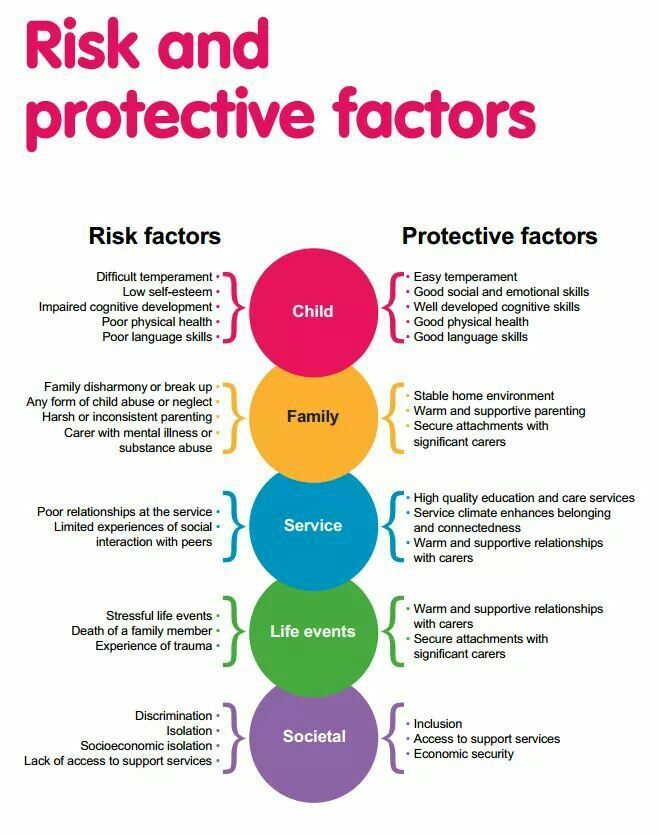
When you can recognize what frustrates you the most, you are on the path to stopping your temper from boiling over.
Know that we can all learn to be calmer. Think about it. We tell our kids that they need to learn to calm down and not overreact. We can do the same for ourselves.
There are many times when I stop mid-sentence, sit down, and use deep breathing to calm myself. This makes my teenagers nuts—they think I’m crazy when I do this—but it works.
If you are about to lose your temper, consider counting backward, towards calmness, until you are in a different place. Begin with a number that’s higher than your stress level. For some people, this can be 100, which equates to about two minutes. For others, 30 might be sufficient. Whatever number you choose, this exercise buys you time before doing or saying something you might regret.
Again, these techniques might seem silly if you have not tried them, but they really work. There is something about counting and deep breathing that uses a different part of the brain and gives the irritated part a chance to settle down.
2. Walk Away From Arguments With Your Child
When you find you are about to lose it, walk away from your child. Not only does this prevent you from starting down the wrong path, but it also models for your child an appropriate response when they are feeling overwhelmed themselves.
For older kids, feel free to say:
“You know, I’m not ready to talk to you about this right now, so I’m going to be alone for a few moments until I can calm down.”
3. Find New Ways to Communicate With Your Child
Too often, parents fall into bad communication patterns that we may have learned from our parents when we were growing up. These can include giving our kids the silent treatment, withdrawing from the family, giving overly harsh punishments in the heat of the moment, yelling, making snide or sarcastic remarks, swearing, and name-calling.
It’s very easy to fall into this pattern, especially when you have a toddler screaming at you or a teenager swearing and getting in your face.
But again, it’s important to remember that you are modeling how to deal with anger and frustration for your child. And you are not just modeling for their childhood and adolescence, but for their adulthood as well.
This is not to say that you can’t express anger, disappointment, or frustration with your child. Often, we need our kids to know we aren’t happy, but we have to find ways to express our feelings appropriately.
Healthy communication relies on both you and your child being calm, so do not approach them if they are still raging at you or you are still too angry to talk.
For both young children as well as adolescents, keep your comments brief and to the point. Here are some examples:
“I don’t appreciate it when I come home from work, and you haven’t done any of your chores. Please do them now.”
“I don’t like it when you take your brother’s toys and make him cry. The consequence for that is that your train now is in time-out for 20 minutes, while you practice better behavior. ”
”
“You know the rule in our house is completing homework before television. No more TV for the night.”
When you are finished, move on to something else. Don’t dwell on what just happened.
For several tips on how to do this, take a look at the following article by Debbie Pincus:
5 Secrets for Communicating with Your Teenager
Also, I highly recommend the James Lehman parenting program called Getting Through to Your Child. He shows you exactly how to communicate with your child in ways that are effective and productive.
4. Let Go of Parenting Guilt
For most parents, the worst part about losing our temper is how we feel afterward. Losing our tempers with our kids can lead to significant parenting guilt. And we can’t turn the clock back and undo what we have just done.
Parenting guilt itself can lead us to parent ineffectively in the future. Parents who harbor guilt often have difficulty holding their kids accountable in the future.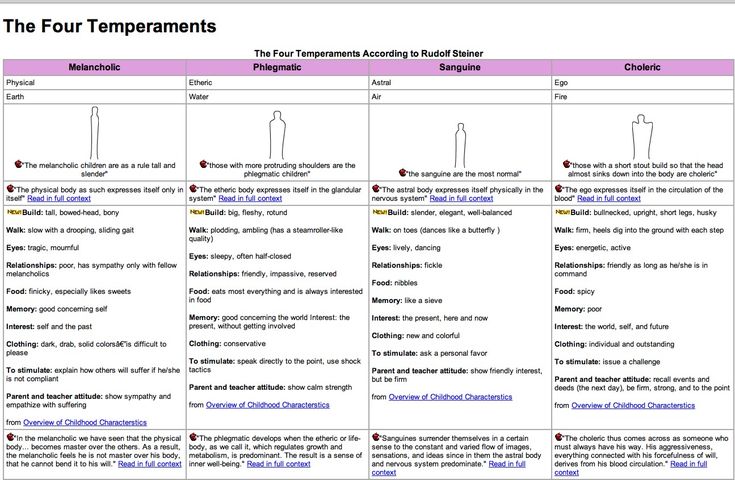
Related content: Am I a Bad Parent? How to Let Go of Parenting Guilt
It is important to realize that all parents do things that they regret. After all, we’re only human. So, give yourself a break, and don’t let your guilt about past actions keep you from parenting effectively in the future.
5. Choose Your Battles With Your Child
Too often, our tantrums are born out of feeling overwhelmed and frustrated. Therefore, it’s important not to put yourself in a position of feeling chronically overwhelmed by getting upset over every little annoying thing your child does.
One way to combat this is to think hard about what is most important. Enforce and address what you can for now and let go of the rest.
For younger kids, there are a lot of daily behaviors that can be frustrating. We all know that kids this age are messy, noisy, and have meltdowns.
For middle school and high school kids, the issues may be moodiness, irresponsible behavior, or backtalk.
Pinpoint what your family values are and decide what to tackle. Is it important that your child completes chores, has a semi-clean room, and is respectful? If so, then make it clear what your expectations are, and don’t worry about the other issues for now.
The goal here is that the occasional mess, eye roll, and the moodiness won’t matter as much.
6. Apologize to Your Child When Necessary
One of the greatest gifts you can give your child is knowing when to admit you’ve done something wrong and to apologize. Some parents struggle with this, thinking that if they do this they are giving up their power or showing weakness.
But ask yourself what it is you want to teach and model to your child about grown-up relationships. Surely we want to teach our kids the importance of an apology when they’ve wronged someone. There’s nothing more powerful than a parent admitting their faults and offering a sincere apology.
7. Get Parenting Support
Pick trusted friends or family members who will support you through your parenting years. Find like-minded parents who you feel safe confiding in when you’ve exploded and feel ashamed or guilty. Make sure you nurture these relationships so you have a sounding board (and can return the favor) when you are at your wits’ end.
Find like-minded parents who you feel safe confiding in when you’ve exploded and feel ashamed or guilty. Make sure you nurture these relationships so you have a sounding board (and can return the favor) when you are at your wits’ end.
Important: do not divulge your worst parenting moments to other parents or family members who are judgmental or who express shock or dismay at your momentary lapse in parenting judgment. These people will only make you feel worse about yourself and will suck the energy out of you.
Also, many organizations, including our’s, offer parenting classes and coaching. Take advantage of these resources and learn from the experiences of those who have been through this already.
8. Be Kind to Yourself
Lastly, practice self-care by being kind and forgiving towards yourself. Parents are harder on themselves than any other group of individuals I know of. This is born out of intense feelings of love and concern for our kids, as well as the desire to get it all right all the time.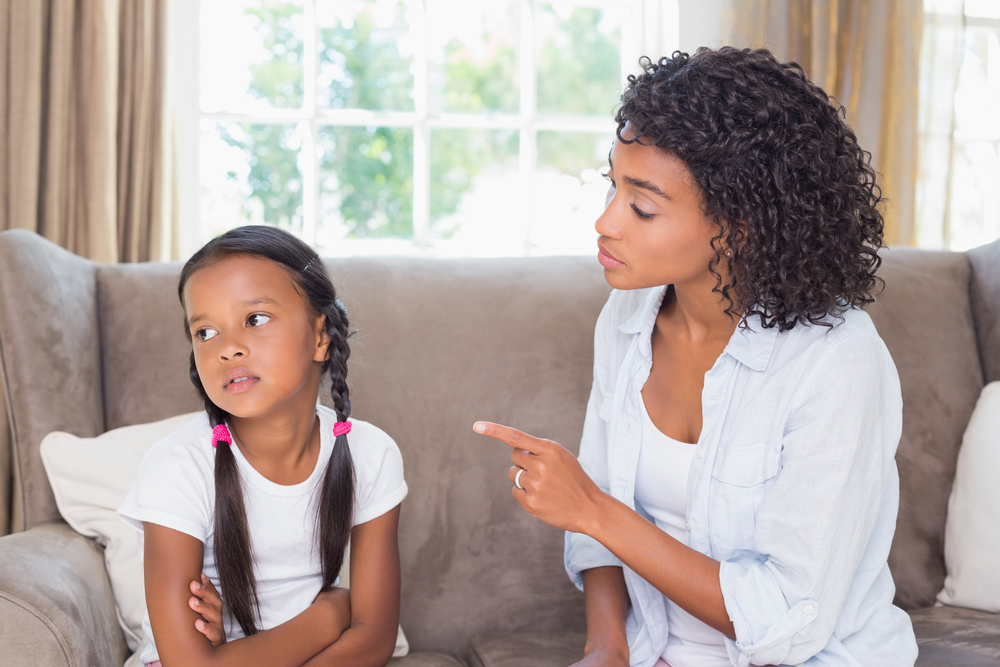
But there’s no such thing as a perfect parent who does it all right, all the time. Most of us are lucky if we can get through the day being a “good enough” parent.
Related content: How To Be a “Good Enough” Parent
Whether you lose your temper once or twenty times, just acknowledge to yourself that you’ve made a mistake and commit to doing better in the future. Know that you aren’t perfect. Know that you may lose your temper again. But also know that you are just human, and you can improve.
So, forgive yourself for past indiscretions and move forward with the goal that you will start each day aiming to try your best.
Related Content:
Calm Parenting: How to Get Control When Your Child Makes You Angry
4 Steps to More Patience as a Parent
7 tips for parents who can't handle anger
The whims, disobedience, accidental and deliberate misconduct of a child - there are a lot of things that can anger even the most patient parent.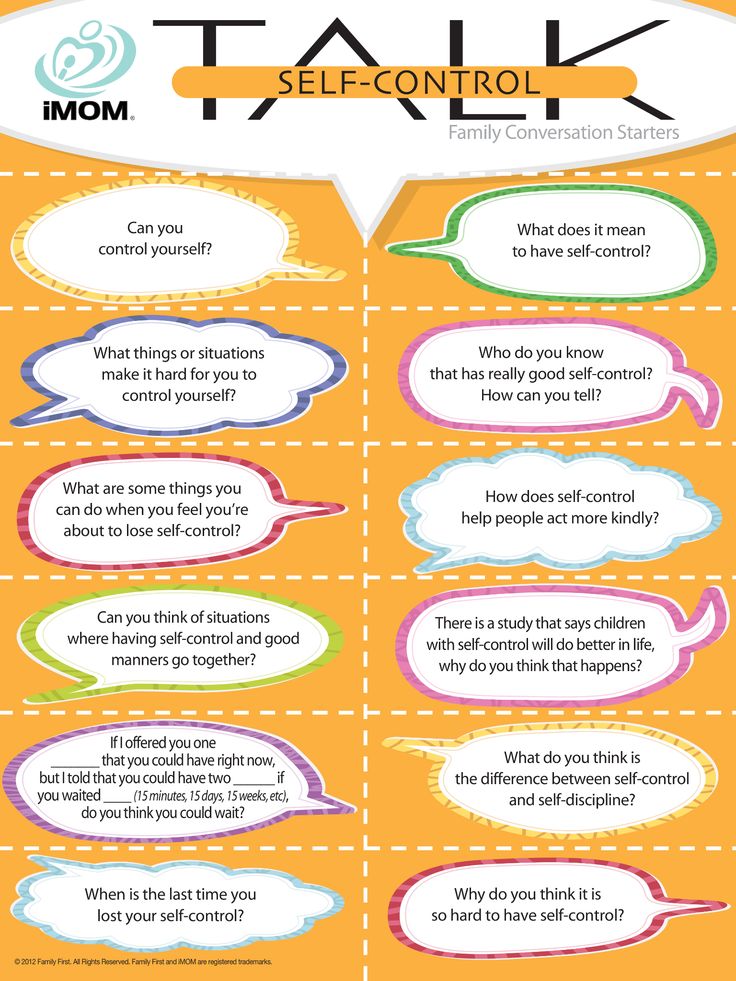 There is probably not a single person who has never experienced anger towards his own children. What is this emotion, is it so terrible, how to deal with it? Let's figure it out together with psychologist Svetlana Pyatnitskaya.
There is probably not a single person who has never experienced anger towards his own children. What is this emotion, is it so terrible, how to deal with it? Let's figure it out together with psychologist Svetlana Pyatnitskaya.
Svetlana Pyatnitskaya, preschool teacher, child and perinatal psychologist, author of educational programs for preschool children
Why anger is okay
Some parents are ashamed of being angry with their own children. Instead of dealing with it, they forbid themselves to experience anger and do not give it an outlet. Over time, when irritation accumulates, an explosion can occur.
The first thing to understand is that it is natural for a person to react to what is happening around him by experiencing various emotions. And they are not negative and bad. They either help us to act effectively in each specific situation, or they hinder us. nine0003
It is important to learn to recognize different emotions in yourself, including anger, to allow yourself to experience them: this is the only way to manage them. When you understand the true motives of your anger, realize what exactly caused it, it is easier for you to contain it or express it in a way that does not hurt your child. And this awareness will also help you not feel like a bad parent who experiences the “wrong” emotions. This skill is developed gradually, with simple actions.
When you understand the true motives of your anger, realize what exactly caused it, it is easier for you to contain it or express it in a way that does not hurt your child. And this awareness will also help you not feel like a bad parent who experiences the “wrong” emotions. This skill is developed gradually, with simple actions.
How to learn to accept anger
Did your child get naughty, naughty, break a vase, or get an F again? Remember all the things in his behavior that make you angry, and do this simple exercise. Take a piece of paper, write down and continue these sentences: “It annoys me ...”, “It annoys me that ...”, “I am angry ...”, “It infuriates me ...”, “I feel angry because ...”, “I I hate ... "," I am covered with rage when ... ".
Our brain is designed in such a way that any change in our emotional state causes our body to react. This exercise contributes to the actualization of sensation at the bodily level. And this, in turn, helps to recognize that there are situations in which we experience anger.
nine0003
Did you have any discomfort while doing the exercise? And where do you "hurt"? Put your palm there and start breathing slowly through your nose, exhale through your mouth. With each new breath, you can feel how the unpleasant sensation in the indicated part of the body grows larger and larger, gradually growing to the size of the whole body: “I feel anger. I allow myself to experience it. I accept anger. I accept it and realize it." Gradually, the discomfort will pass. After all, when you admit to yourself that you have the right to experience anger - and this is normal, then its intensity will decrease. nine0003
How to cope with anger and not harm the child
What to do if you are ready to take it out on the baby, regardless of the seriousness of his offense, and even more so if the outburst of emotions has already occurred?
Stop!
When we are very angry, we cannot think logically, but we are able to act rashly. Think about what can stop you in such a situation? A memory of how scary it was when you were scolded as a child? The kind of baby that causes pity? These images will help you cool your ardor and control yourself.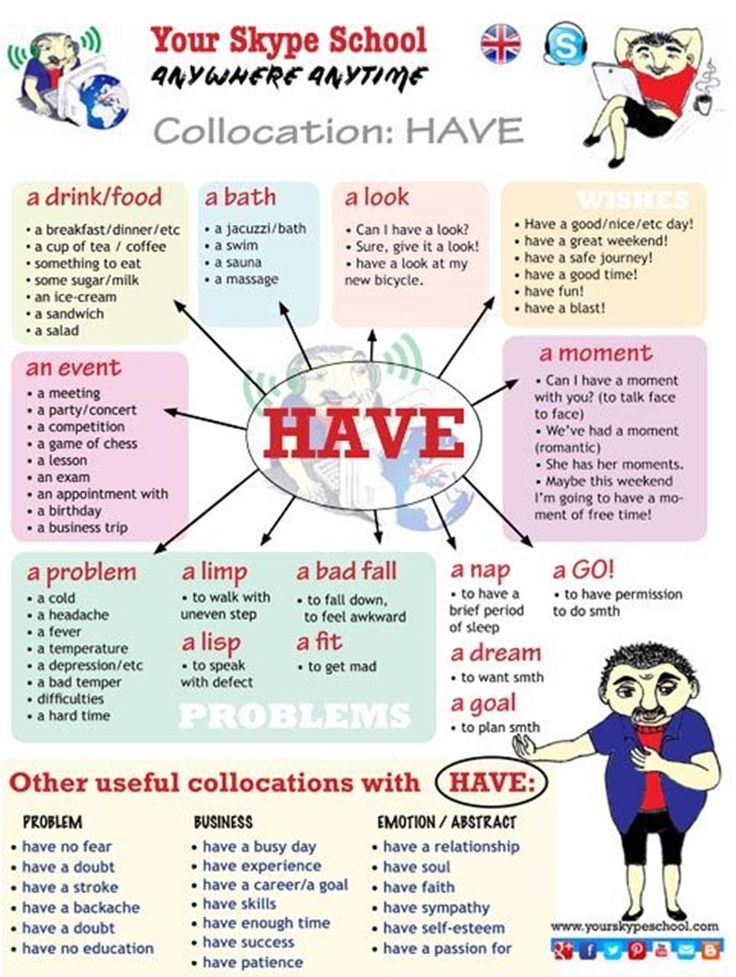 nine0003
nine0003
Switch
Think of an action that will help switch your attention. Cut off contact with the child. Change the environment: go out into the fresh air or at least onto the balcony. Wash off with cold water. Call a person who won't judge you. Swear several times. Crumple and tear the newspaper into small pieces. Inhale through your nose to a count of seven, exhale through your mouth to a count of eleven. This exercise will help you "reset" the nervous system.
Postpone an important decision
Try not to threaten or label your child. “You will sit at home during the holidays”, “I will take your tablet away from you”, “What a fool you are!” or even "You are a disgrace to the family" - refrain from such words, no matter what your child has done. You can tell him that you decide what to do with him when you come to your senses. So you serve as an example for him: anger can and should be dealt with constructively, and an adult is able not to chop off his shoulder.
Listen to your body
Switch to your bodily sensations by placing your hand on the part of the body where anger is felt most strongly. Breathe slowly and deeply. nine0003
Deal with the situation together
When you are sure you have calmed down, talk to your child. Explain to him what exactly made you lose your temper: “You were playing next to the road, I was scared for you”, “You are skipping swimming lessons, I was offended that you were deceiving me”, “You broke this cup, and she broke me was very dear as a memory, I was upset.” Be sure to tell the child that you did not want to scare him, hurt him with your behavior.
Prevent burnout
Do you notice that you have become touchy, irritable, do not hold back your anger and easily lash out at others, scold your child for the most insignificant trifles? Perhaps you are close to a state of emotional burnout. How to help yourself? First of all, you need to understand what you need to be in shape: enough sleep, light physical activity, the opportunity to retire with a book? If your condition is associated with fatigue, with a lack of time for yourself, try to delegate some of the responsibilities. Ask relatives or friends to sit with the child for at least one evening, which you can devote only to yourself and thereby replenish the resource. nine0003
Ask relatives or friends to sit with the child for at least one evening, which you can devote only to yourself and thereby replenish the resource. nine0003
It is very important to spend quality time with your child. Ask yourself: what do you enjoy? What is interesting for your baby, what makes him happy? Do these moments intersect?
It is important to realize that you are a living person, you have the right to live all your emotions and the ability to control their manifestation. Understanding this is an important step towards building a harmonious relationship with a child.
Read also:
5 parental weaknesses that kill the future of our children
7 Tips for Raising an Optimistic Child
8 Psychological Tips for Raising a Confident Child
Photo: Blaj Gabriel/Dobo Kristian/SVGstockstudio/Shutterstock.com : how to curb parental anger Even the best parents can feel anger towards their child. Hiding and suppressing our emotions, we teach the child the same. Anastasia Agarkova, a psychologist at SOS Children's Villages, explains why this is wrong and shares tips on how to learn to control your anger so as not to harm your child , about 45% of Russians tend to justify and/or use physical punishment of children, 68% consider it acceptable to use “soft” forms of physical punishment (a slap and a slap are not considered as “abuse” of a child), about a third oppose the prohibition of physical punishment, 25 % of parents in their practice resorted to punishment with a belt. Finished reading here “But any action always has witnesses — these are things that surround children at home,” says the description of the “Talking Objects” campaign, which is launched on June 1, International Children's Day, by the SOS Children's Villages charity organization. “We taught objects to speak because children are silent about it,” is the slogan of the campaign. Stories on behalf of objects that have witnessed child abuse are told by Konstantin Khabensky, Nonna Grishaeva, Nikita Kukushkin and others. nine0072 The page of the project contains useful information for parents and expert comments, including on the topic of controlling parental anger. The author of the idea and director: Maxim Kolyshev, the finalist of the "Can Lions" and the creative director of an advertising agency of socially oriented marketing. The causes of anger in parents are understandable. With the advent of a child, the familiar world of an adult changes, his comfort zone shifts, a new social status and new roles appear: father and mother. Now the whole life of parents is concentrated on the child. And as the children grow older, the tension of adults who live in a monotonous world of the same actions increases. nine0003 The generation of anger begins with irritation and dissatisfaction - feelings of lighter and not always noticed emotions in everyday fuss. When a parent is angry with a child, he begins to struggle with guilt. “I’m a bad mother,” “I can’t cope,” “I shouldn’t react like this,” “there’s something wrong with me,” all these thoughts cause even more pain and lead to an increase in emotional load. This is superimposed on the usual fatigue, depression, lack of support and help, there is a risk of going into a state of uncontrollable rage. The first step is to separate adequate aggression from displaced aggression. Ask yourself: why did you experience such strong feelings of anger? Are there any other problems that are not directly related to the child's behavior? Perhaps you do not have enough attention or support from your partner - and part of this tension is redirected to the child? It is important to remember that the child's actions are not intended to piss off the parent. A small person is always frightened and traumatized by the rage on the part of an adult. And he definitely does not count on such a reaction, trying to get your attention. nine0003 You need to allow yourself adequate anger and irritation. This is an absolutely normal and natural process for every person. By forbidding ourselves to be angry, we suppress an important part of ourselves and may not notice how the cup of patience overflows and an emotional explosion occurs. A good way to allow yourself to experience anger is to: “Most of all, I am afraid that children will not forget how to cry with happiness”: Irina Antonova’s rules of life The art therapy method helps a lot, which will secure the situation. Think about your anger, imagine it. What color and shape is it? What comes to your mind when you think about anger? What is she? nine0003 Now feel free to dip your fingers in paint and draw your anger. It is very important to draw with your fingers, you can even use your whole palm. This is how the drawing will become a continuation of you, conveying all your emotions as much as possible. When you finish the picture, look at it and try to track the feelings that arose during this acquaintance with your own anger. Now you can do what you want with your anger (sheet with a picture).
Photo by Getty Images 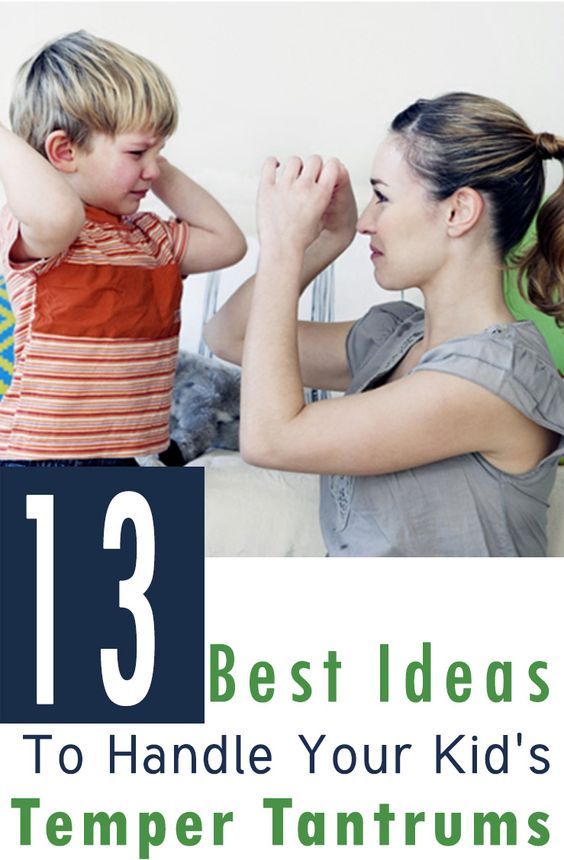 nine0072
nine0072 

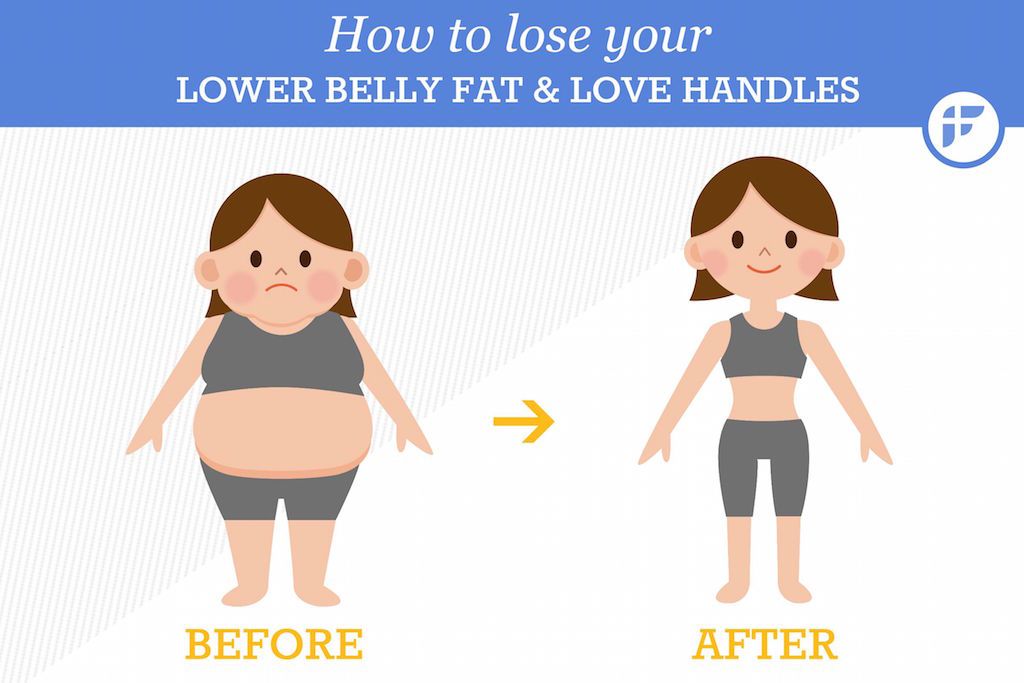
In a moment of anger
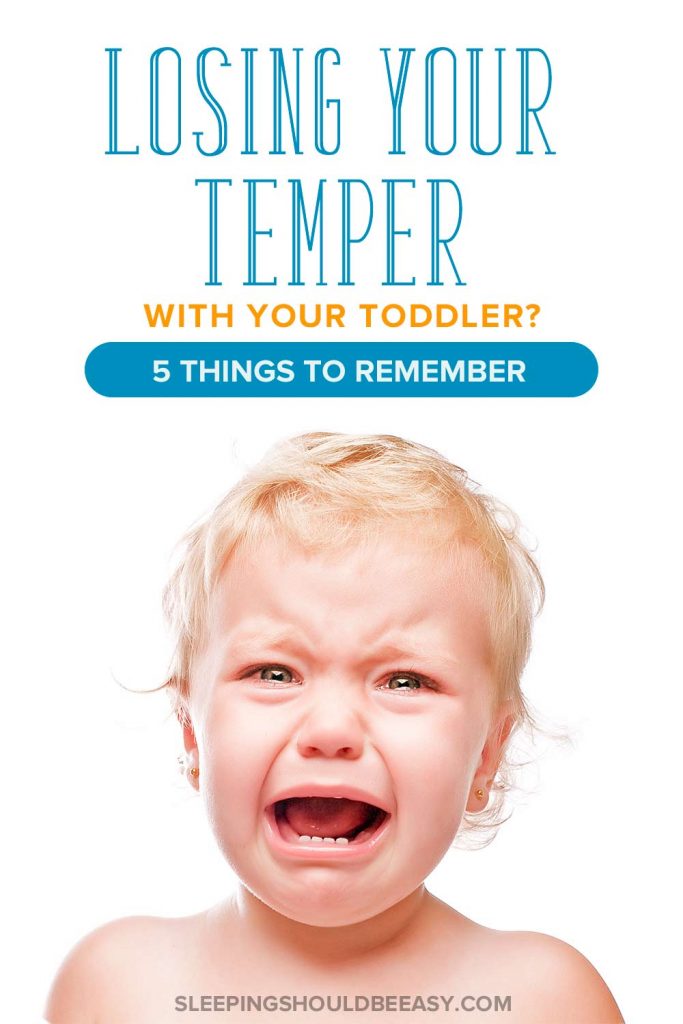 A few squats or jumps will also help you feel in your body again and disperse energy through it.
A few squats or jumps will also help you feel in your body again and disperse energy through it. Art therapy prophylaxis
 With its help, you can completely immerse yourself in your experiences and thereby prevent future outbursts of anger at the child. Do it while in solitude and tranquility. You will need a sheet of paper (A4 or A5) and jars of gouache in different colors.
With its help, you can completely immerse yourself in your experiences and thereby prevent future outbursts of anger at the child. Do it while in solitude and tranquility. You will need a sheet of paper (A4 or A5) and jars of gouache in different colors. 
